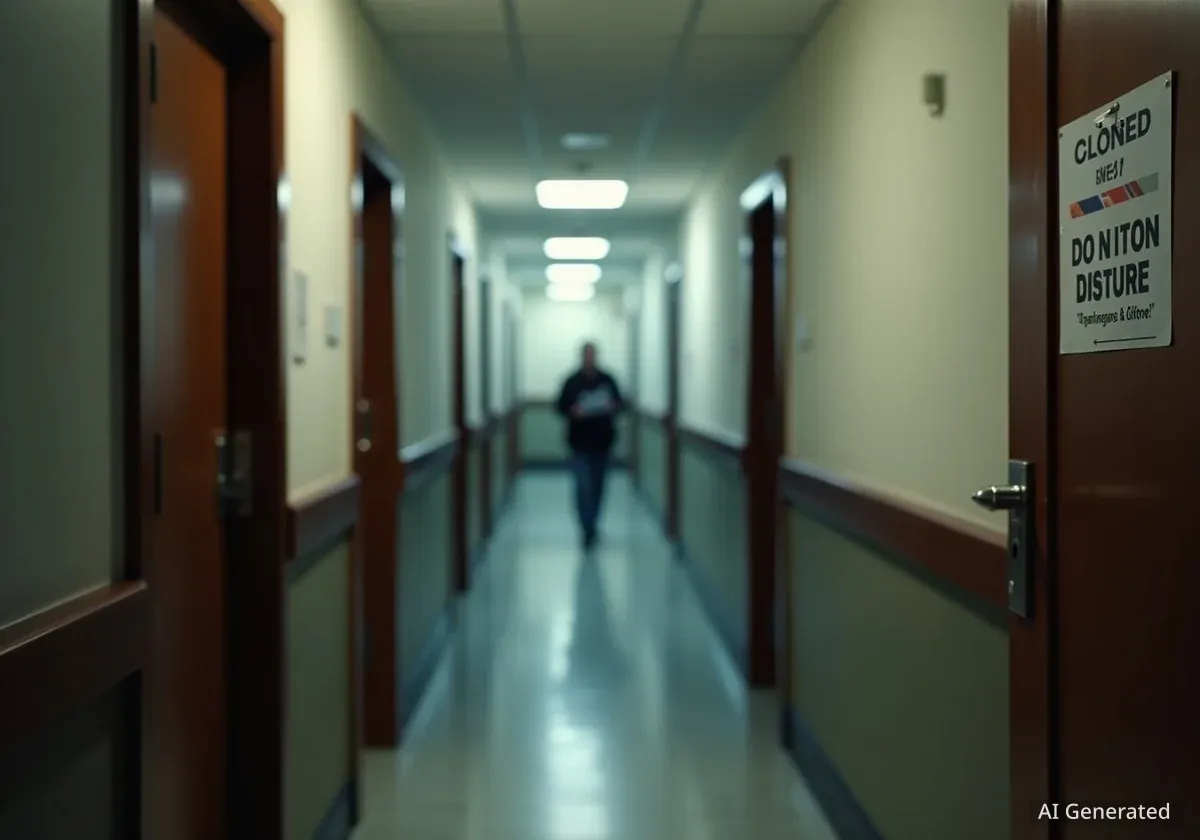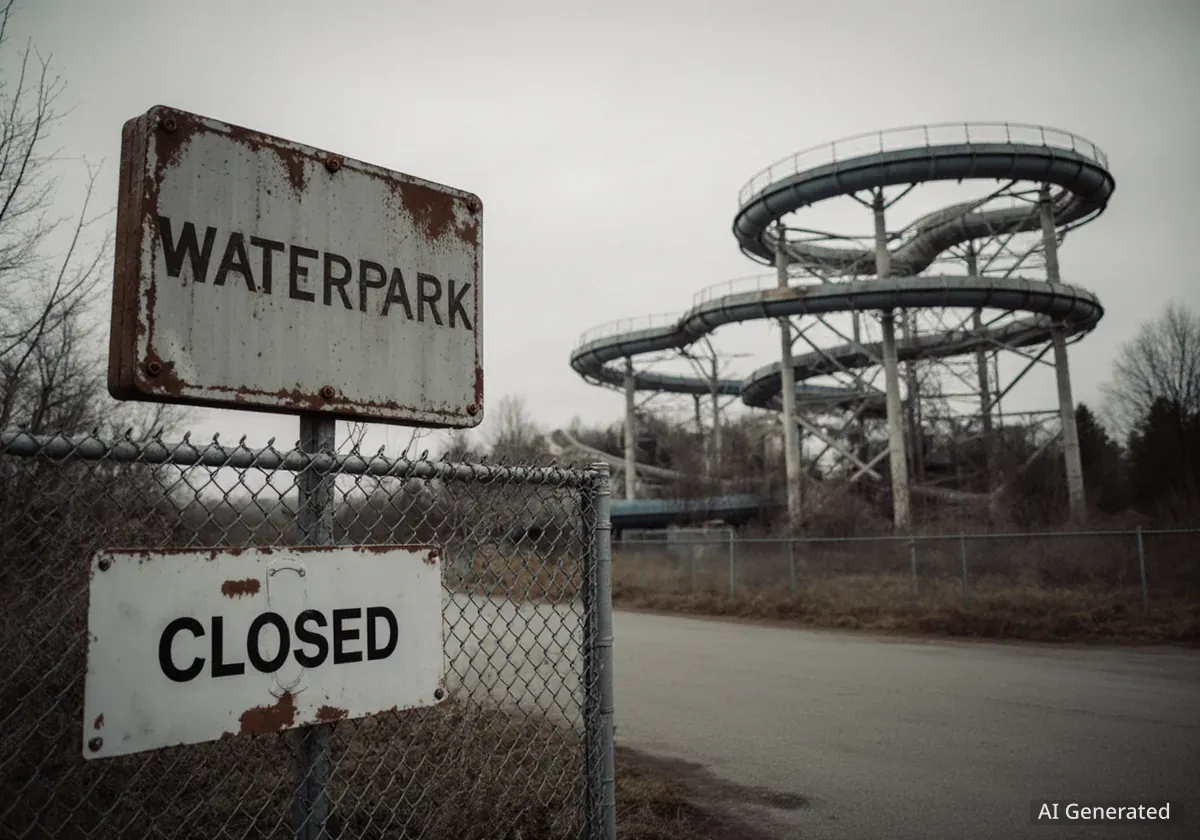The Wichita City Council is considering a new ordinance that would require all hotels and motels to obtain a city-issued license to operate. This proposal aims to give local authorities the power to conduct faster inspections and enforce health and safety standards, a responsibility that currently falls to a state agency.
If passed, the measure would shift oversight from the Kansas Department of Agriculture to local departments, allowing for more direct intervention when issues like safety violations or health hazards are reported. The city says the goal is to address problems early before they become chronic.
Key Takeaways
- Wichita officials have proposed an ordinance requiring hotels and motels to obtain a city license.
- The goal is to enable faster, local responses to safety and health complaints.
- Currently, the Kansas Department of Agriculture handles such inspections, which can lead to delays.
- The new system would involve inspections by city building, police, and fire departments.
- Penalties for ongoing violations could range from repair notices to license suspension or revocation.
The Current Regulatory System
At present, all lodging establishments in Wichita are regulated at the state level by the Kansas Department of Agriculture. This means when the city receives a complaint about a hotel, whether for unsanitary conditions like bed bugs or for safety concerns like violence, it must refer the issue to the state agency.
City officials have noted that this process can be time-consuming. The reliance on an external department can create delays between when a complaint is filed and when an investigation takes place. This lag can be problematic for both guests and the community, especially when dealing with urgent safety matters.
State vs. Local Oversight
The proposed shift from state to local control is a significant change in regulatory philosophy. While state-level oversight ensures uniform standards across Kansas, local control allows a city like Wichita to respond more quickly to issues specific to its community and properties. The ordinance seeks to close the gap in enforcement time.
How the Proposed Ordinance Would Work
The new ordinance, still in its initial review phase, would create a licensing framework managed directly by the City of Wichita. Under this system, every hotel and motel would need to secure and maintain a city license to continue operating.
Triggering an Inspection
An inspection would be initiated if a hotel receives complaints from guests or the public, or if city officials observe visible violations. This proactive approach would allow for immediate assessment of potential problems. Several city departments would be involved in the process.
According to the proposal, investigations would be handled by a coordinated team from:
- The Metropolitan Area Building and Construction Department
- The Wichita Police Department
- The Wichita Fire Department
This multi-department approach ensures that violations are assessed from different perspectives, covering building codes, public safety, and fire hazards.
Enforcement and Penalties
The city's proposed enforcement process is designed to be graduated. For non-life-threatening violations, such as minor maintenance issues, the hotel operator would receive official notices requiring them to make the necessary repairs within a specified timeframe.
However, if a property accumulates a history of violations or fails to address issues, the penalties would become more severe. Chronic problems could lead to the suspension or even complete revocation of the hotel's operating license, effectively shutting it down until it complies with city standards.
Focus on Early Intervention
City officials stress that the primary objective is not to penalize businesses but to improve safety and living conditions. The ordinance is structured to encourage compliance and provide support for properties to fix problems before they escalate.
The City's Stated Goal
During the city council's review, officials clarified the intent behind the proposed regulations. They emphasized that the ordinance is meant to be a tool for early intervention rather than a punitive measure designed to close businesses.
Jan Jarman, Deputy City Attorney with the City of Wichita, explained the city's position on the matter.
“The point of this is not to shut everyone down. The point is to intervene early and try to get some of the problems taken care of.”
This statement suggests the city wants to work with hotel operators to maintain standards. The licensing system would provide a formal structure for communication and enforcement, ensuring that all lodging establishments adhere to a consistent set of local rules for the well-being of travelers and residents.
Potential Impact on Travelers and Hotels
For travelers visiting Wichita, the ordinance could lead to a more reliable and safer lodging experience. With the city able to respond quickly to complaints about cleanliness, safety, and building integrity, visitors might have greater confidence in the quality of their accommodations.
For hotel and motel owners, the proposal introduces a new layer of local regulation. While well-maintained properties may see little change, others might face increased scrutiny and the need to invest in upgrades to meet city standards. The licensing requirement would formalize their accountability to local authorities.
The ordinance is still in its early stages and will undergo further review and discussion before the Wichita City Council makes a final decision. The public and local business owners will likely have opportunities to provide input as the proposal moves forward.





